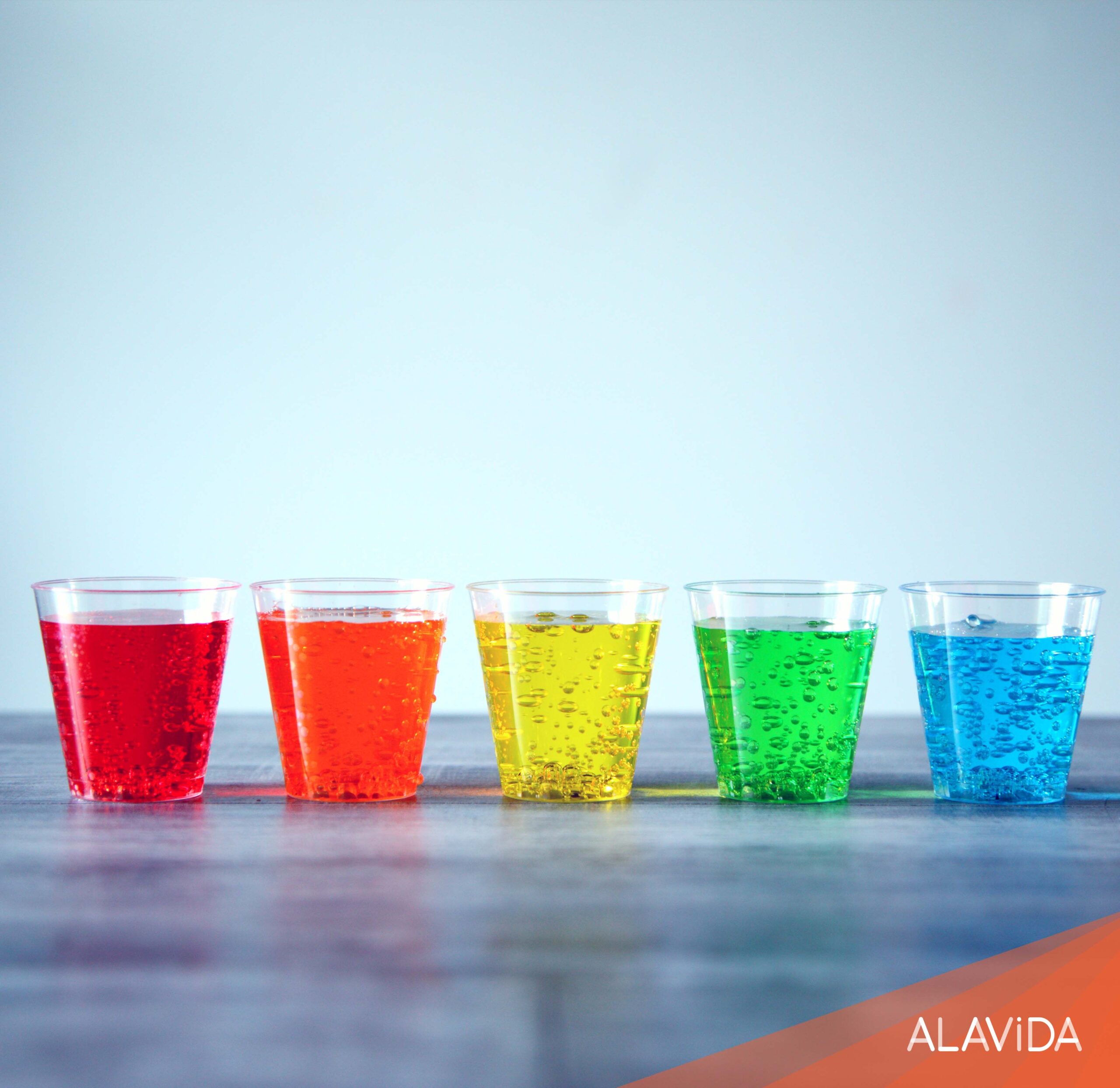Does Stigma Worsen Heavy Drinking?


In today’s Western culture, stigma harbours beneath the surface of many of our day-to-day activities and interactions. When it comes to alcohol consumption, stigma is ever-present in countless intertwining ways. There’s stigma attached to non-drinkers as well as to those who drink too much. It’s also too commonly attached to many marginalized communities, impacting alcohol consumption there as well. It’s a complex construct that has many sources, so narrowing it down and naming it can be challenging. However, when we boil it down to its raw form, stigma is judgment – and judgment is not helping us to move closer towards healing alcohol misuse and abuse. In fact, it’s drawing us away from it.
Stigma reinforces alcohol abuse in a variety of ways. Firstly, the judgment associated with heavy drinking holds many people back from seeking help due to shame or embarrassment. Many people find it easier to struggle with their inner battles on their own than to seek support. When this happens, the perceived social stigma often becomes internalized, resulting in self-stigma and lack of self-acceptance.
There is also stigma associated with non-drinking, which can impact an individual’s ability to reduce or refrain from alcohol consumption. Because alcohol consumption is so heavily normalized, it can be incredibly challenging for many people to speak up for their heartfelt desire to refrain from drinking alcohol. Author Annie Grace wrote, “After all, alcohol is the only drug on earth you have to justify not taking,” illuminating just how much pressure there can be to embrace this social norm.
When it comes to the LGBTQ+ community, stigma hits harder. Research has shown that alcohol use and misuse is higher amongst these populations than in the heterosexual community, and that internalized stigma about one’s identity is a contributing factor in this. Some individuals might turn to alcohol to manage the stress of social exclusion and victimization, lessening their emotional responses to experiences of discrimination and judgment.

Like other communities, the LGBTQ+ population across the globe does not commonly find sober spaces where they can interact with others alcohol-free; however, these sorts of spaces are beginning to become more common. In London last year, £100,000 was raised to help launch an LGBTQ+ community center. Queer cafés and alcohol-free bars are beginning to pop up across the globe, too.
To counteract the negative effects of stigma as they relate to alcohol consumption, we can strengthen our communities and find support in reducing or quitting drinking – no matter who we are or how we identify. Though stigma reinforces heavy drinking, there are ways that we can empower ourselves to overcome these subtle, invisible forces.
1. Find supportive communities that you feel comfortable with.
Whether it’s a community center, a social network, a café, or any other alcohol-free zone, seek out a community that supports who you are and that encourages your personal growth. There are countless people experiencing the same struggle with alcohol; the challenge is only in making those connections. There are plenty of online and community resources, depending on where you live, that can help foster healthy meetings and connections.
2. Seek treatment that is personalized.
When we’re reducing or quitting alcohol, we each face a unique struggle with stigma. Personalized treatment and therapeutic support can help us address whatever stumbling blocks exist on our path towards healing and realization of our wholeness. If left unexamined, stigma has the power to undermine our best efforts, but when brought to light, we expose its untruths.
3. Explore if societal stigma has become self-stigma.
No matter what external groups or support systems we connect with, we need to also look within to assess whether we have unconsciously taken on the beliefs and values of an alcohol-promoting culture. Have we fallen into a pattern of self-imposed judgment? It’s not an easy task, but with the help of various supports, we can take an honest look into ourselves to begin releasing what does not belong to us. We can return to a wholehearted embrace of our own personal truths that encourage our wellbeing.
Stigma certainly carries the potential to stand in between us and our aspirations. However, when we dig deeper into the matter and seek out support systems that promote healthy values and behaviors, stigma stands less of a chance of interfering with our highest potential.
Access the ALAViDA TRAiL app.

Alavida is an outpatient treatment program that helps people to get back to a healthier relationship with alcohol, thanks to the combination of medication, therapy and technology. On our blog, you will find stories, testimonials, evidence-based information and useful tips on how to prevent and overcome heavy drinking, while sustaining a healthy body and mind.